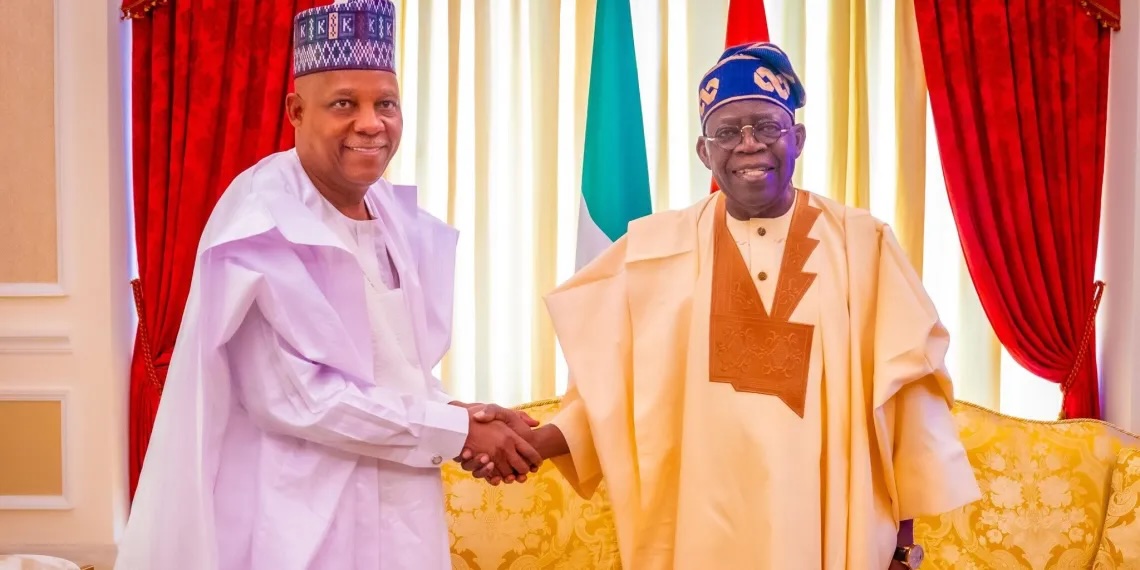As 2021 came to a close, Nigeria’s industrial sector faced familiar challenges such as reliance on imported technical expertise, underdeveloped training systems, and operational vulnerabilities across strategic installations.
But amid these challenges, a quiet revolution in workforce development was underway, one that prioritized internal capacity over outsourcing, mentorship over migration.
Across the country’s key operational regions, industry insiders observed a shift toward homegrown training programs, standardized competency frameworks, and hands-on mentorship designed to transfer knowledge across generations of technical staff.
This year, more than ever, the spotlight turned to the unsung professionals rebuilding Nigeria’s workforce from within.
“What we’ve lacked for years is not intelligence or ambition, it’s a system to grow people deliberately,” said a senior industrial training consultant in Port Harcourt.
“2021 forced us to rethink everything, how we train, who we trust, and what sustainability really means.”
Among the professionals shaping this new direction is Enemosah Aliyu, a technical operations advisor with years of experience managing high-risk systems and field-based training.
Though not one to seek public attention, his work throughout 2021 gained the respect of colleagues and peers nationwide.
He helped design several real-time operating procedures, structured training documentation, and simulator-driven emergency response protocols that were adopted across industrial units.
In one notable initiative, Aliyu supported the successful technical development of over 40 junior operators, many of whom came from non-technical roles and are now certified to operate core process systems.
His mentorship and training strategy emphasized safety, adaptability, and long-term systems thinking but Aliyu’s work is not an isolated example.
His contributions reflect a larger movement of local professionals who are redefining Nigeria’s approach to industrial self-reliance.
In 2021, more organizations began to reduce their dependence on foreign trainers by creating in-house knowledge ecosystems, pairing experienced personnel with new recruits and digitizing training materials for long-term continuity.
One operations coordinator in the southwest noted: “For the first time, we are not just training to fill roles, we are training to build capacity. People like Enemosah are the reason this shift is possible. They know the terrain, they’ve lived the process, and they are finally being empowered to teach.”
While 2021 was a year of global uncertainty, it was also one of opportunity for Nigeria to take control of its industrial future.
The shift toward competency-based training and local leadership may not be flashy, but its results are real, improved uptime, safer operations, and a generation of rising professionals trained by Nigerians, for Nigeria.
Aliyu’s insights have also begun to reach global platforms, with his advisory work now contributing to international systems training dialogues.
His practical, hands-on experience is increasingly recognized beyond national borders, yet it is his ground-level work at home that continues to have the most profound impact.






